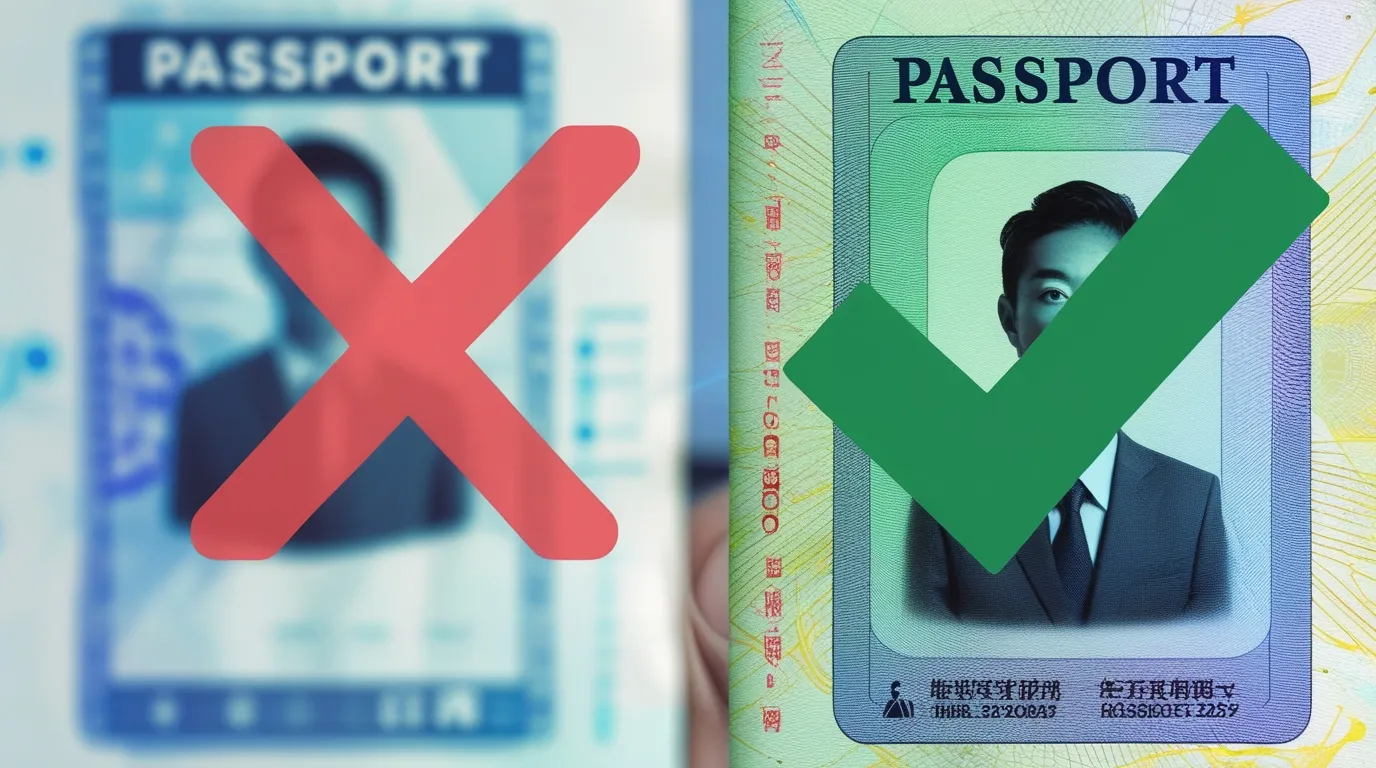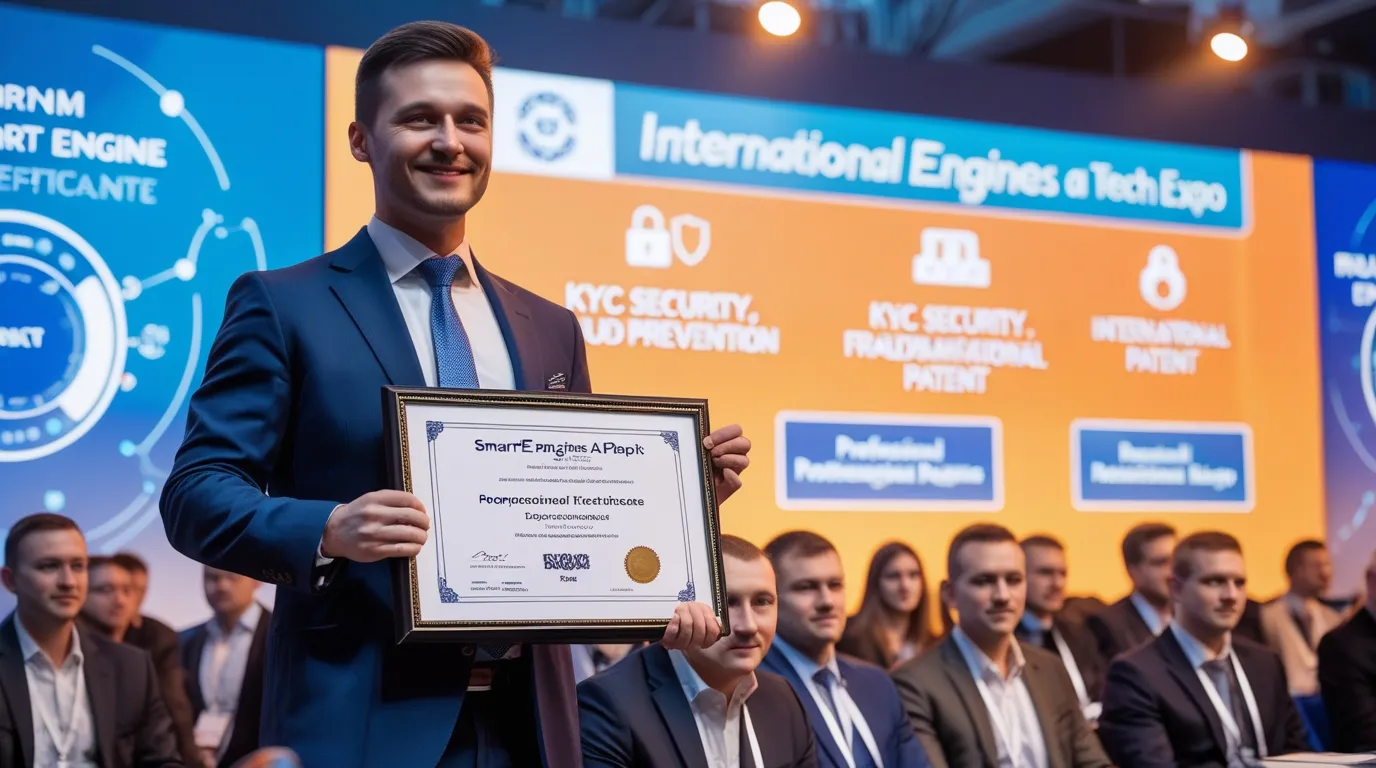Trust-Building AI: Russian Scientists Earn U.S. Patent for Cyberattack Defense System
Russian researchers from Smart Engines have received a U.S. patent for an artificial intelligence system designed to detect image-based fraud and enhance online identity verification accuracy.

International Recognition and Strategic Value
Moscow-based Smart Engines has achieved a significant milestone: its AI-powered technology for fraud prevention has been granted a U.S. patent. The system analyzes uploaded document photos, comparing them against reference templates to detect compression, distortion, and other anomalies.
It automatically rejects images that fail to meet criteria — such as when a document covers less than 70% of the frame — and identifies tampering that traditional visual checks often miss.

The technology is intended for online KYC procedures, fintech and banking platforms, insurance, telecommunications, and HR services. Its core value lies in providing additional protection against fake images in remote verification processes — a growing threat across digital finance.
Beyond fraud prevention, it represents an international acknowledgment of Russia’s capabilities in AI and cybersecurity, reinforcing trust between digital platforms and end users.
Algorithm Evolution and Global Integration
Smart Engines plans to integrate this AI solution into banking systems, e-signature platforms, and digital ID services. Licensing agreements with international cybersecurity providers are also under consideration.
The company aims to upgrade the algorithm to improve detection accuracy, real-time processing, and resilience against new attack vectors, while expanding its use to facial and biometric analysis.
To scale globally, the team will need to navigate legal and regulatory issues — including patent protection, export controls, and compliance with international data privacy and security standards. Such groundwork could pave the way for the technology’s entry into global markets as part of the new generation of trusted digital identity solutions.

Competing in a Global Security Landscape
Smart Engines’ innovation joins a growing list of Russian contributions to AI-driven cybersecurity. In 2022, Sberbank patented deepfake detection systems capable of identifying synthetic facial videos with 98% accuracy — outperforming global benchmarks. These solutions are designed to counter cyberattacks, misinformation, and video call spoofing.
Meanwhile, international firms such as Mitek, Fortiro, and AWS have been advancing their own document fraud detection systems using ensembles of neural networks to identify image manipulation. In 2025, Reality Defender and ActiveFence announced a partnership aimed at detecting generative content and blocking synthetic media at scale.

Against this backdrop, Smart Engines’ U.S.-patented system stands out as a proof of competitiveness — a Russian-developed technology capable of resisting visual attacks and meeting global technical standards. If successfully commercialized, it could become a standard security module in authentication and fraud-prevention products worldwide. Its long-term success, however, will depend on the algorithm’s performance in real-world scenarios, cost efficiency, and adaptability to diverse regulatory environments.










































